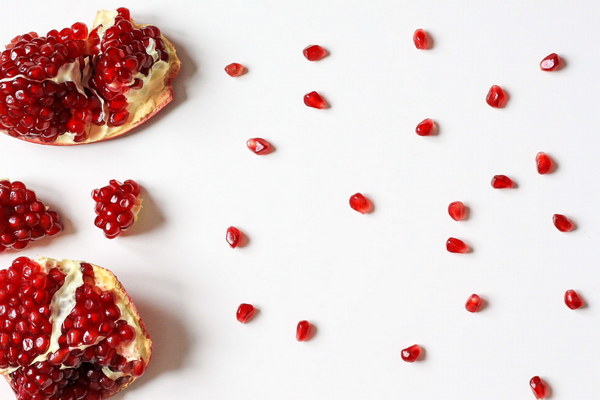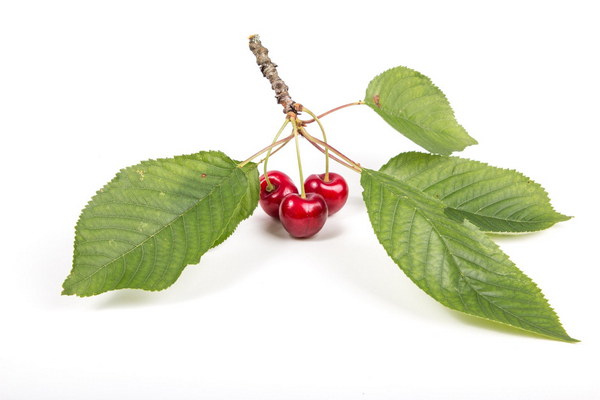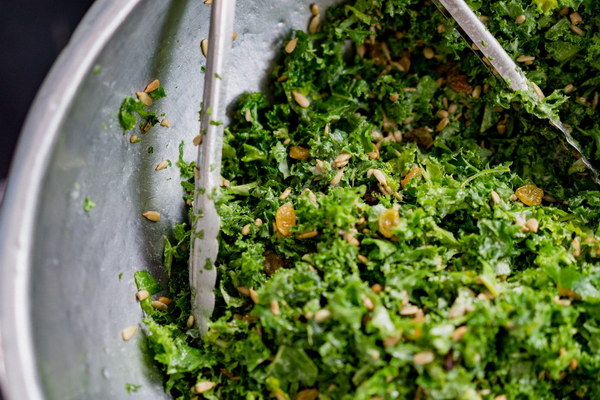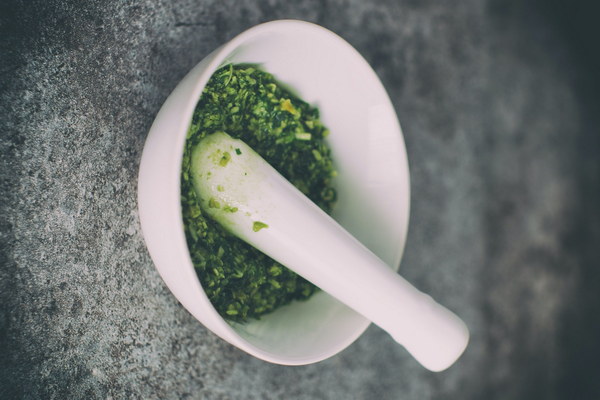Unlocking the Secret to Effective Dampness-Relieving Medications What You Need to Know
In the realm of traditional Chinese medicine, dampness is a common ailment that can lead to a variety of health issues. From fatigue and weight gain to digestive problems and joint pain, dampness can disrupt the body's balance and overall well-being. The good news is that there are effective medications available to alleviate dampness and restore harmony. This article delves into the best medications for dampness relief, offering insights into their ingredients, mechanisms, and benefits.
1. Chinese Herbal Formulas
Chinese herbal formulas are a popular choice for dampness relief due to their natural, holistic approach. Here are some of the most effective formulas:
a. Fu Ling Bai Zhu San (Poria and Atractylodes Powder): This formula, made from Poria cocos (fu ling) and Atractylodes macrocephala (bai zhu), is renowned for its dampness-drying and spleen-strengthening properties. It is particularly beneficial for those with dampness-related fatigue, weight gain, and bloating.
b. Er Chen Tang (Two-Ingredient Decoction): Comprising Evodia rutaecarpa (wu xiang) and Magnolia officinalis (hou pu), this formula helps drain dampness and relieve symptoms such as cough, headache, and dizziness.
c. Si Miao San (Four-Ingredients Powder): This formula, which includes Poria cocos (fu ling), Atractylodes macrocephala (bai zhu), Alisma orientale (ze xie), and Paeonia lactiflora (bai shao), is a potent dampness-relieving agent that can also aid in digestion and alleviate joint pain.
2. Single Herbs
In addition to herbal formulas, certain single herbs can also be effective in treating dampness:
a. Alisma orientale (ze xie): This aquatic herb is a powerful dampness-relieving agent that can help reduce fluid retention, alleviate joint pain, and improve digestion.
b. Atractylodes macrocephala (bai zhu): This root is known for its dampness-drying and spleen-strengthening properties, making it an excellent choice for those with dampness-related fatigue and weight gain.
c. Curcuma longa (turmeric): This spice is not only a delicious addition to many dishes but also has anti-inflammatory and dampness-relieving properties. It can help alleviate joint pain and improve overall health.
3. Modern Medications
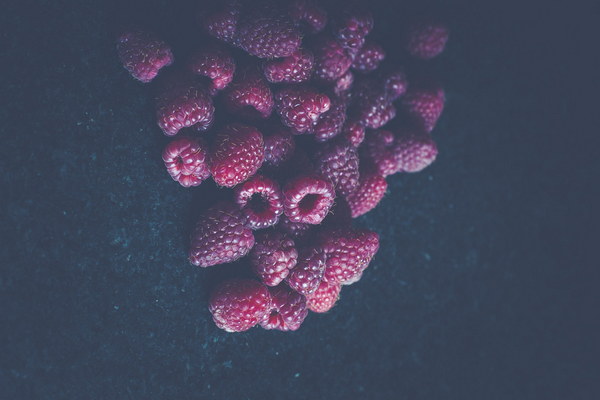
While traditional Chinese medicine offers a wealth of dampness-relieving options, some modern medications can also be effective:
a. Diuretics: Diuretics can help reduce fluid retention and alleviate symptoms such as bloating and swelling. However, they should be used under the guidance of a healthcare professional, as they may have side effects.
b. Antihistamines: Antihistamines can help alleviate symptoms such as itching and runny nose, which can be associated with dampness. However, they are not a direct treatment for dampness itself.
c. Anti-inflammatory drugs: Nonsteroidal anti-inflammatory drugs (NSAIDs) can help alleviate joint pain and inflammation. However, they may have side effects, so it's important to use them responsibly.
In conclusion, dampness is a common and sometimes elusive ailment that can have a significant impact on one's health. By exploring the best medications for dampness relief, individuals can find relief from their symptoms and restore balance to their bodies. Whether opting for traditional Chinese herbal formulas, single herbs, or modern medications, it's crucial to consult with a healthcare professional to determine the most suitable treatment plan for individual needs. With the right approach, dampness can be effectively managed, leading to a healthier and happier life.
